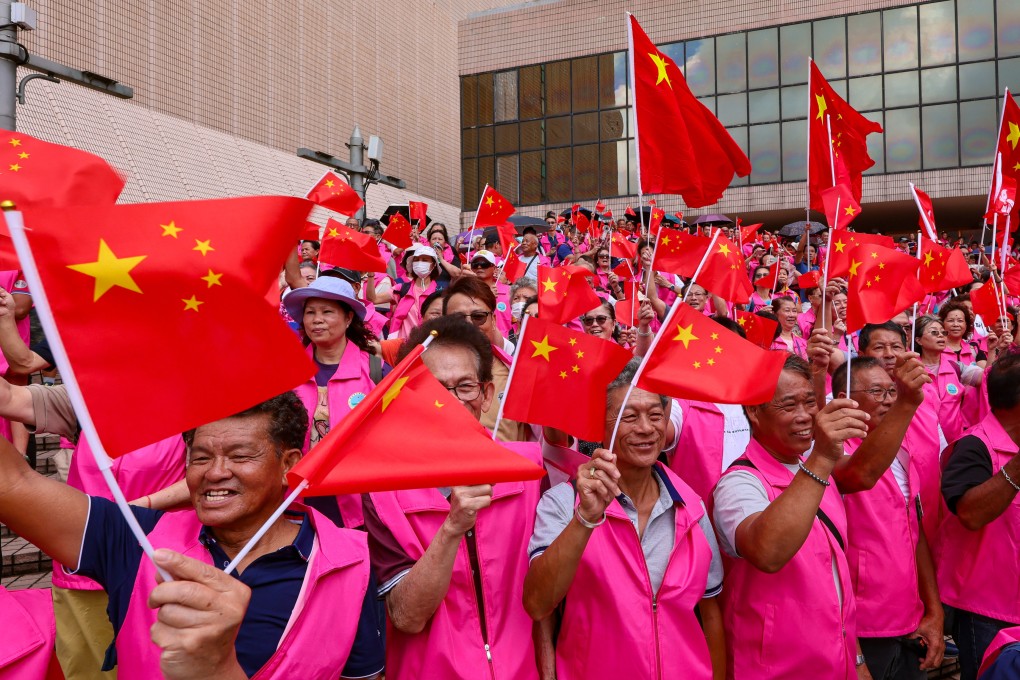Hong Kong marks July 1 handover anniversary with celebrations, discounts and gifts from Beijing
- Beijing will allow visa-free travel to mainland for permanent residents with foreign passports and is sending a pair of giant pandas to the city

Hong Kong marked the 27th anniversary of its return to Chinese sovereignty with citywide celebrations, freebies, discounts and the announcement of two significant gifts from Beijing – visa-free travel to mainland China for about 270,000 permanent residents with foreign passports and a pair of giant pandas.
Chief Executive John Lee Ka-chiu revealed on Monday that two pandas would arrive within months as a symbolic gift “bringing us laughter and joy”, while Beijing announced that non-Chinese nationals with seven years of residency in Hong Kong and Macau could soon apply for five-year, multiple-entry permits instead of visas each time for travel to the mainland.
In another boost for Hong Kong, the government announced that local companies and professionals would get more preferential treatment to tap into the mainland market under the Closer Economic Partnership Arrangement (Cepa), with details to be outlined later.
To mark the July 1 anniversary on Monday, authorities, operators and businesses encouraged locals and visitors alike to make the most of free rides for children on trains and for everyone on trams, free admission to museums, discounts at select restaurants and other festivities capped off by a drone show in Tsuen Wan at night.
Hong Kong’s leader himself began the third year of his five-year term as he hosted top officials, representatives of the central government and other VIPs at the traditional reception at the Convention and Exhibition Centre in Wan Chai.
“Hong Kong will soon welcome two new family members: a pair of giant pandas,” Lee said in a surprise announcement that delighted the gathering.